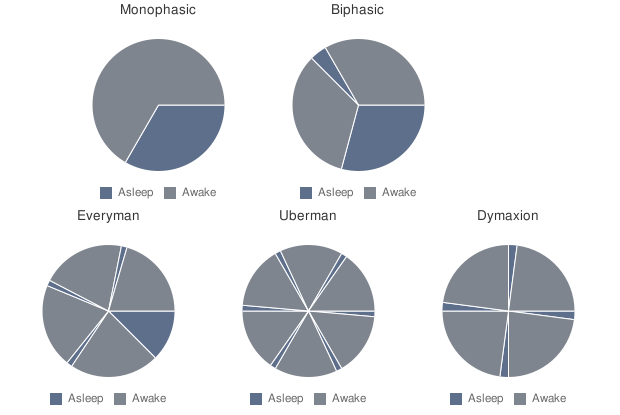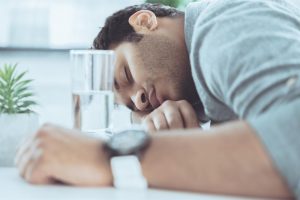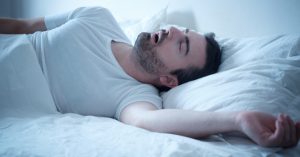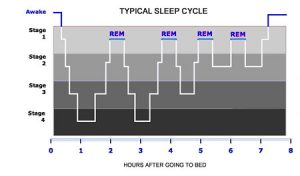Sleep deprivation is no fun and many individuals have experienced a sleepless night at some point in their life. Whether it’s from the stress of an upcoming exam or assignment, being sleep deprived is detrimental for one to be able to perform at their best.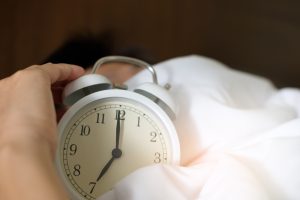
In the majority of cases, having an instance of sleep deprivation does not come with serious consequences. Performing poorly on an exam or not being able to be at your best at work are situations one can always recover from in one way or another.
However, in the case of a US Navy pilot, having optimal sleep is absolutely essential as it very well could mean life or death.
Hence, the US Navy invented a method to essentially force your body to sleep in two minutes or less. This method has proven to be 96% successful after six weeks of practice.

So if you are feeling sleepless and have a crucial day tomorrow, try this method out and you just might be able to get a full night’s rest! Don’t worry if it doesn’t work right away. Try again and focus on relaxing your body.
U.S. Navy’s method to forcefully induce sleep
- Lie face up in your bed and make sure you are in a comfortable position. If you feel more comfortable on your side, you can do so as well. Close your eyes and relax your facial muscles, tongue, and jaw. Any tension you may have, mentally release it. You can do so by imagining any tension or tightness you have near an area by literally unraveling that knot.
- Drop your shoulders as low as possible, allowing them to be in a comfortable position that also releases any tension you have on your neck. Work from your shoulders down to each arm and then to the fingertips, mentally releasing any tension you may have. Remember, it sounds extremely awkward to be mentally releasing any physical stress, but the purpose is to trick your body into thinking it is ready to sleep.
- Take a deep breath and breath in and out. As you breathe out, release any tension in your chest. Likewise, work from the top of your shoulders to your lower back, pretend as you work your way down each spinal column is being massaged and relaxed.
- Lastly, work from your upper legs to the bottom of your feet. Including your toes and ankles, mentally massage your way down and turn off and active muscles.
- Finally, remove any mental thoughts that may be causing you not to be able to sleep. Don’t think about your exam tomorrow, don’t think about that upcoming presentation. Imagine yourself in a calm and peaceful place. For instance, pretend you’re on the beach and all you hear is the waves crashing against the shore. Focus on that or whatever finds you peace and comfort.
- If done correctly, you should be asleep by now! Of course, this is difficult to do if you haven’t done something like this before. However, with practice you will see an increasingly higher success rate every time you do it.
Of course, reading about this method does not do it justice, you can watch this video to follow a step by step guide on how to do so.

Some additional things to watch out for:
- Whatever you do, don’t think about whatever it is stressing you out. This may seem difficult to do, but it is probably the main reason why you cannot sleep because your brain is actively stimulated by it.
- Don’t think about how late it is and how you need to sleep as soon as possible. Thinking about this only adds further stress and makes you more awake.
- Don’t move. Once you find your comfortable position, fight any urge you have to move or readjust. Your leg is itchy? Fight that urge to itch it. By doing so you are actively tricking your body that you are ready to sleep.
Sleep deprivation is rampant among University students, if you are ever feeling sleepless and desperate to fall asleep, please try this out!
Written by Jason Duong

